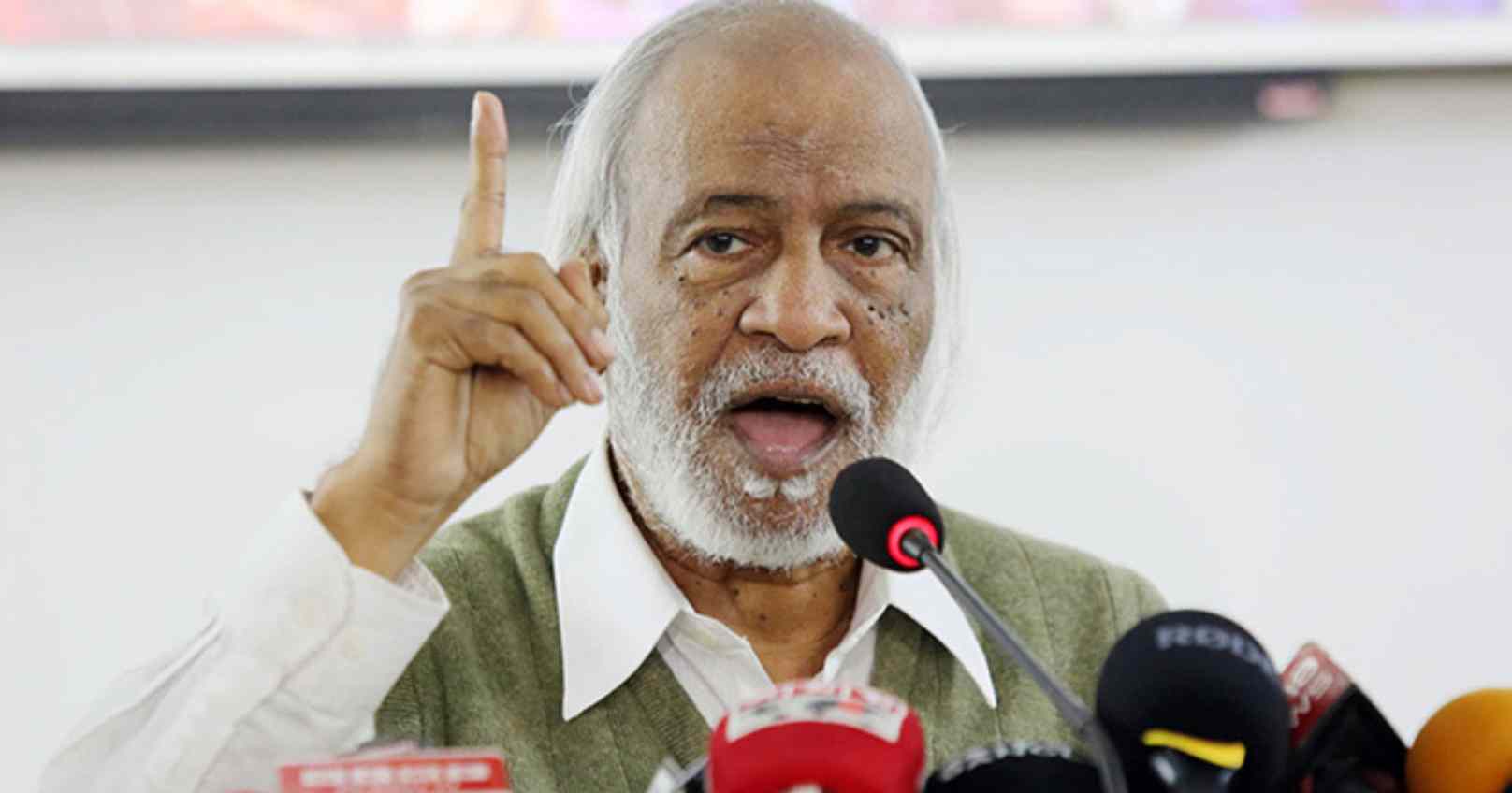Bangladesh's primary opposition party has issued a stern warning about potential instability and widespread public discontent if elections are not conducted by December. This comes after the country’s interim leader, Nobel laureate Muhammad Yunus, suggested that the polls might be delayed until 2026.
Since August, an unelected transitional government led by Yunus has been overseeing the nation of 173 million following violent student-led protests that resulted in Prime Minister Sheikh Hasina, a long-time ally of India, fleeing to New Delhi.
Both Hasina’s Awami League and its rival, the Bangladesh Nationalist Party (BNP), had initially sought elections last year. However, in a recent speech, Yunus proposed scheduling the vote between December 2025 and June 2026, arguing that such a timeline would allow for comprehensive reforms to ensure a genuinely free and fair election. Hasina’s previous electoral victories have been marred by allegations of vote rigging, which she has repeatedly denied.
Earlier this month, student leader Nahid Islam, who previously served as a minister, stated that holding elections this year would be challenging due to ongoing law enforcement and security concerns. However, the BNP remains adamant about restoring democracy in 2024, according to Abdul Moyeen Khan, a senior BNP leader and former minister.
“We will attempt to persuade them that the best course of action is to call an election as soon as possible and make an honorable exit,” Khan told Reuters from Washington, DC, where he is engaging with US officials on Bangladesh’s political situation.
“December is an accepted timeline. Extending it further would only complicate matters,” he added, warning that any delay could lead to significant public dissatisfaction and instability.
Khan’s remarks mark the first direct warning from a high-ranking BNP official regarding potential unrest if elections do not proceed as expected.
No Pre-Poll Alliance for BNP
The Awami League has largely fragmented, with Hasina and key figures either in exile or evading authorities. Meanwhile, the BNP's primary competition in the upcoming elections could come from Jatiya Nagorik Party, a newly formed student-led political entity. These student leaders claim the public is eager for a fresh alternative to the two dominant parties.
Despite this, Khan stated that internal BNP assessments suggest the party would secure a decisive victory if elections are held within a year. He also indicated that acting BNP chief Tarique Rahman would return to Dhaka from his self-imposed exile in London once elections are declared.
Recent court rulings have overturned legal challenges against both Rahman and his mother, former Prime Minister Khaleda Zia, potentially paving the way for their return. Zia, who has been receiving medical treatment for liver and heart ailments in London since January, is reportedly recovering well. However, Khan suggested she is unlikely to resume an active political role.
While the BNP has not yet decided on forming a pre-election coalition, Khan emphasized that if elected, the party would be open to collaborating with other political groups, including the student-led Jatiya Nagorik Party.
“Once elected, we would be willing to form a government with anyone who upholds democratic values,” he affirmed.







